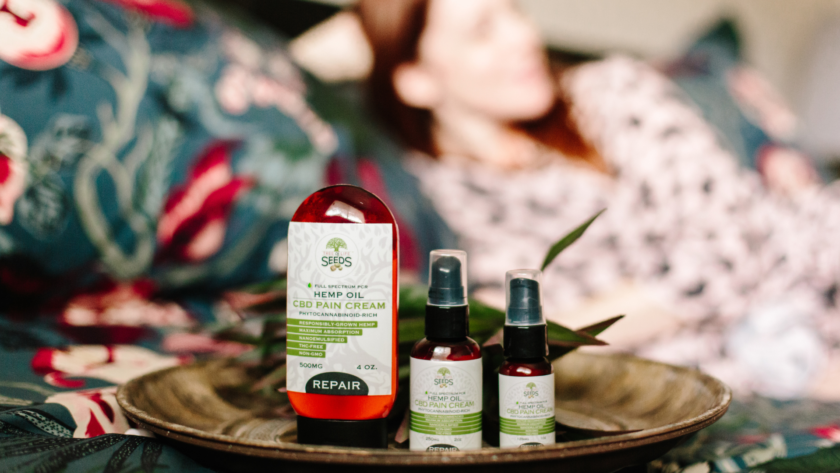People who’ve suffered a stroke or spinal injury know that recovery can take months or even years. Even then, there can be residual nerve damage, which can lead to chronic pain. Fortunately, there is now a treatment that may help. Cannabinoids, like CBD, have shown promise in reducing or eliminating some neuropathic pain that can develop after such injuries. It also is being studied as a possible treatment for epilepsy.
While any health supplement has the potential to enhance your life, CBD cream may be potent for people suffering from nerve damage. CBD oil comes in many forms, including capsules, tinctures, and edibles. Its most accessible form however is CBD cream, which can be applied directly to the affected area. It is non-psychoactive, unlike its sister product, CBD tinctures, which contain high concentrations of THC. As the skin is the body’s largest organ, it absorbs CBD cream with maximum potency.
How CBD might help with pain
The cannabis plant has long been used for various illnesses, including pain. Usually, users smoke the leaves or buds of the plant to get their desired effect. But CBD, or cannabidiol, has now gained interest as an alternative pain management method. It doesn’t trigger the same psychoactive effect as THC – the psychoactive ingredient in cannabis.
According to recent studies, CBD has strong pain-relieving properties. It can treat chronic pain, inflammation, PTSD, and epilepsy. While more studies need to be done, it has been shown in many studies to be an effective treatment method. If you haven’t heard of it before, Cannabidiol is a chemical compound found in marijuana that doesn’t get you high. It comes from the cannabis plant but doesn’t make people feel high or stoned the way THC (tetrahydrocannabinol) does.
Cannabinoids for pain management
In countless studies, researchers have confirmed one of the core benefits of medical cannabis—pain relief. However, patients often don’t have access to cannabis for medical purposes, and those that do often aren’t given the full scope of its potential benefits. That said, you should always consult your doctor before starting a medical cannabis regimen.
THC and CBD are both cannabinoids, a class of chemicals found in cannabis that produce psychoactive effects. When you consume cannabis, they interact with receptors in the brain and body, producing an altered state of consciousness and a feeling of being relaxed. Right now, cannabis-derived cannabinoids (CBD and THC) are legal in many states. There are cannabinoid drugs that are either FDA-approved or in development to treat a variety of conditions, including chronic pain, multiple sclerosis, and nausea.
Potential benefits
Cannabidiol is a compound found in cannabis that has been used for decades for pain management and as antipsychotic medicine. It is now used to treat more ailments, including epilepsy, nausea, anxiety, and depression. One such new use is for CBD cream therapeutically to treat nerve damage.
CBD is a phytocannabinoid found in cannabis sativa that has been reported for its ability to reduce pain and inflammation. This therapeutic property has made it a highly sought-after product in the market, used for various medical conditions. According to a recent study, CBD can also reduce the symptoms of nerve damage. It has been found that CBD treatment offers neuroprotection to damaged nerves.
Potential Risk
Cannabidiol cream has been around for years, and it’s been used to help soothe a variety of aches and pains, including arthritis, joint pain, and muscle soreness. It has been gaining popularity lately, and as with any topical cream, there are certain concerns. Does this work? Will it hurt my skin? Will it keep my skin healthy? If CBD cream is something you want to try, there are some important things to keep in mind.
Some individuals will argue that CBD cream is a “natural” product and therefore safer than other CBD products. The logic behind this claim is that they do not contain THC, the active substance in marijuana. However, it’s important to keep in mind that whether CBD creams are legal or not, not all are safe.




